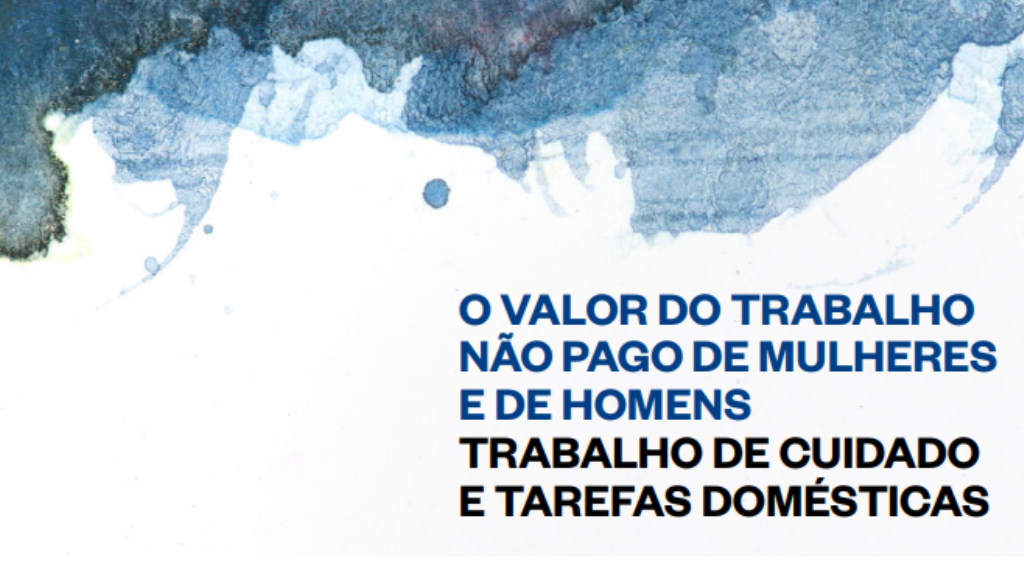The promotion of equality between men and women is a fundamental task of the Portuguese State in the terms of its Constitution. Thus, this project, developed by CESIS – Centre for Studies for Social Intervention along with its national partner CITE – Commission for Equality in Labour and Employment and its international partner Institute for Social Research of Oslo, Norway, as well as with its consultants María Ángeles Durán and Maria do Céu da Cunha Rêgo, and profiting from the debate with experts, aimed at the deepening of the theme with the objective of increasing the knowledge on the subject and to present recommendations for public policy. These should, with the already required urgency, lead to policies that are more concrete, coherent, robust and effective, thus contributing for the progressive and consistent improvement of the current situation.
Namely, these recommendations aim at contributing for ‘Recognising, Reducing and Redistributing’ unpaid care and domestic work (the so-called Triple R Framework), assuming a transforming gender-sensitive approach that recognises care within the field of human rights.
This project, with the financial support of the EEA Grants 2014-2021 Work-life Balance Programme, intended to propose a limited although strategically and coherently integrated number of policy measures. These consist of three measures of substantive nature that should be adjectively integrated into a sole legal diploma.
- The attribution of monetary value to unpaid care and domestic work and its respective determination by reference to the national average hourly earnings;
- The adoption of a satellite account on unpaid care and domestic work within the scope of the System of National Accounts;
- The definition of the national average hourly earnings, in the terms of paragraph a) and considering the promotion of equality between men and women as fundamental task of the Portuguese State, as the legal criterion to be adopted for determining the value of unpaid care and domestic work, both in cases of divorce and dissolution of a non-marital partnership;
- The elaboration of a legal diploma that adequately and coherently integrates the recommendations presented in paragraphs a), b) and c).
